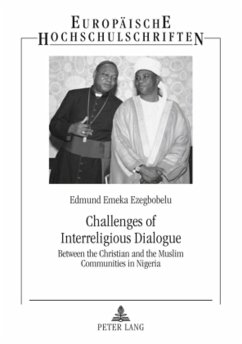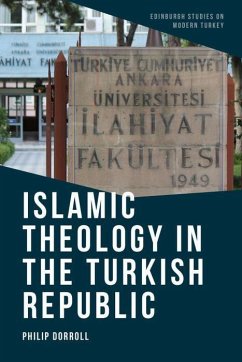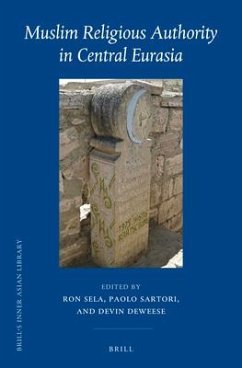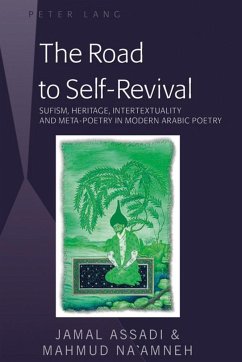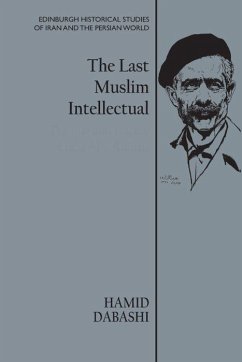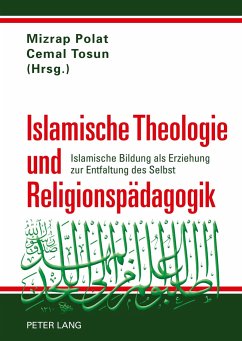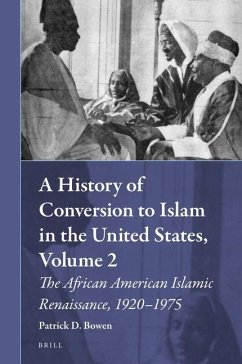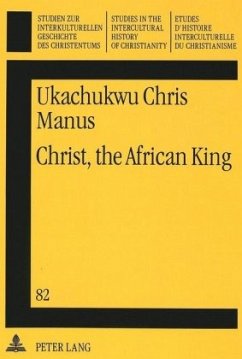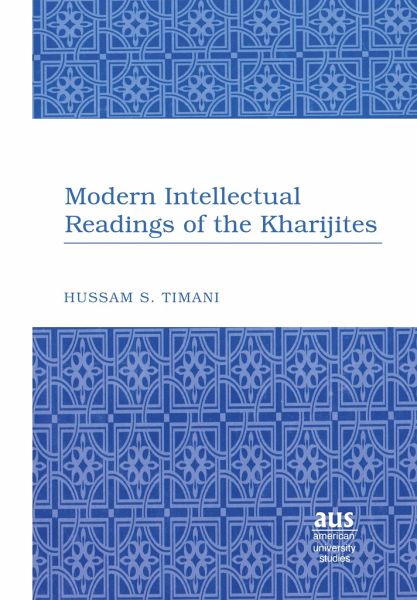
Modern Intellectual Readings of the Kharijites
Versandkostenfrei!
Versandfertig in 6-10 Tagen
63,95 €
inkl. MwSt.

PAYBACK Punkte
0 °P sammeln!
In this book, Hussam S. Timani compiles and assesses the modern literature on the Kharijites, a seventh-century Islamic sect. He discusses the importance of the Kharijites in the Islamic heritage (turath) and provides profiles of the turath scholars who have either concerned themselves with the study of the Kharijites or have incorporated the Kharijites in their work on the turath . This groundbreaking book makes available to Western scholars a large body of Arabic-Islamic literature that is still unknown in the Western world and shows how modern scholars have offered different interpretations...
In this book, Hussam S. Timani compiles and assesses the modern literature on the Kharijites, a seventh-century Islamic sect. He discusses the importance of the Kharijites in the Islamic heritage (turath) and provides profiles of the turath scholars who have either concerned themselves with the study of the Kharijites or have incorporated the Kharijites in their work on the turath . This groundbreaking book makes available to Western scholars a large body of Arabic-Islamic literature that is still unknown in the Western world and shows how modern scholars have offered different interpretations and analyses of the Kharijites' origins, religio-political beliefs, and their place in Islamic history. Modern Intellectual Readings of the Kharijites is essential for scholars and students of Islamic civilization and culture and is highly recommended for graduate courses in classical Islam.




